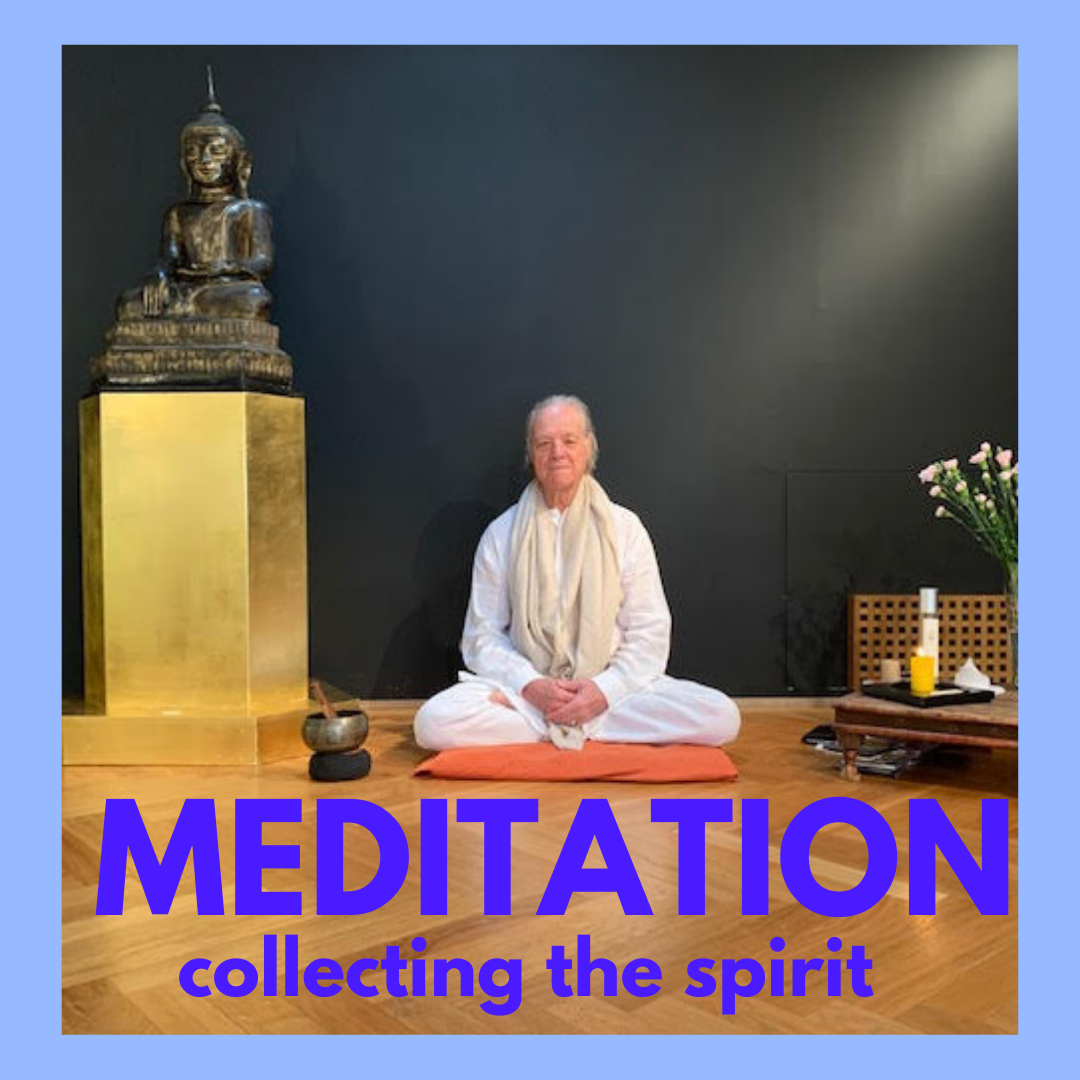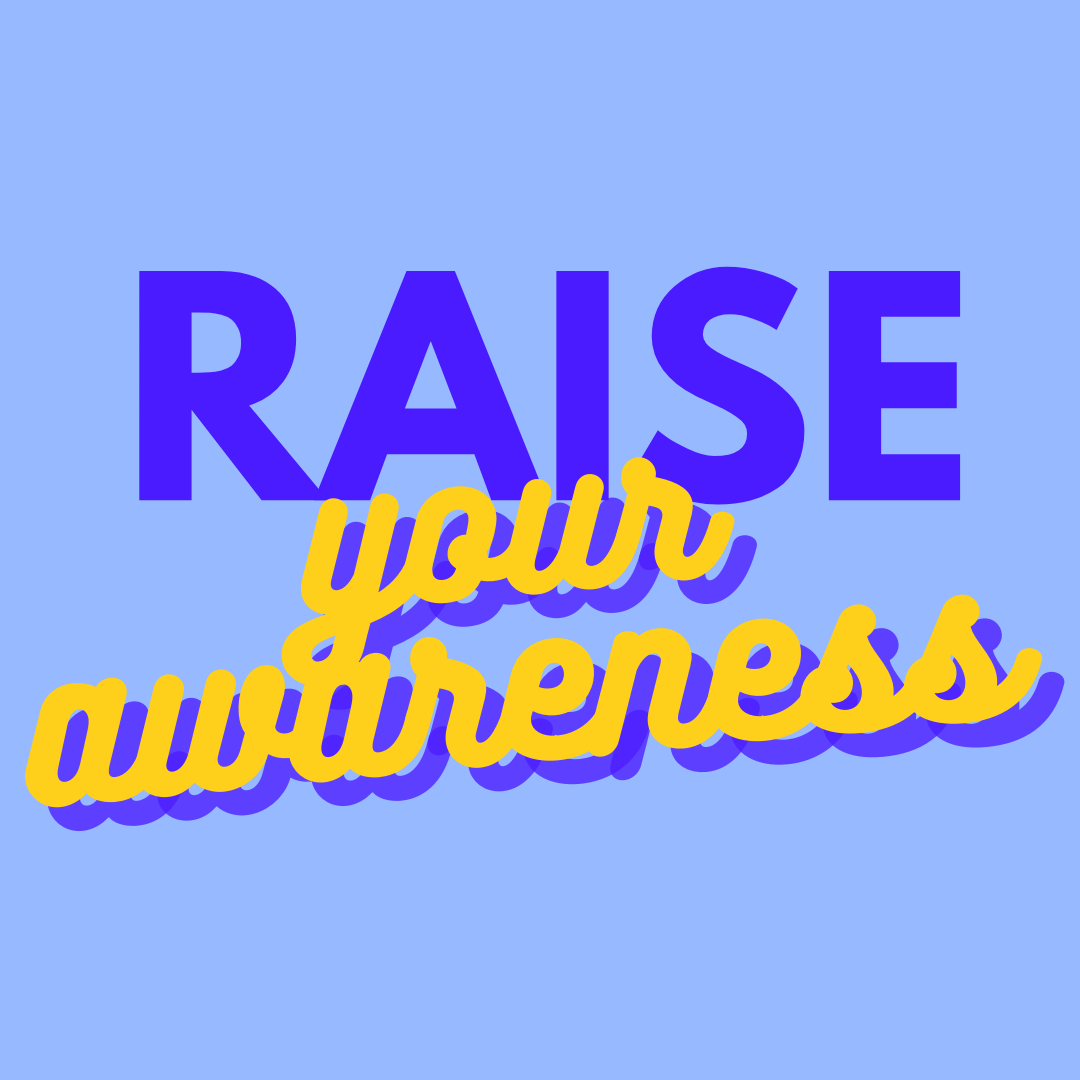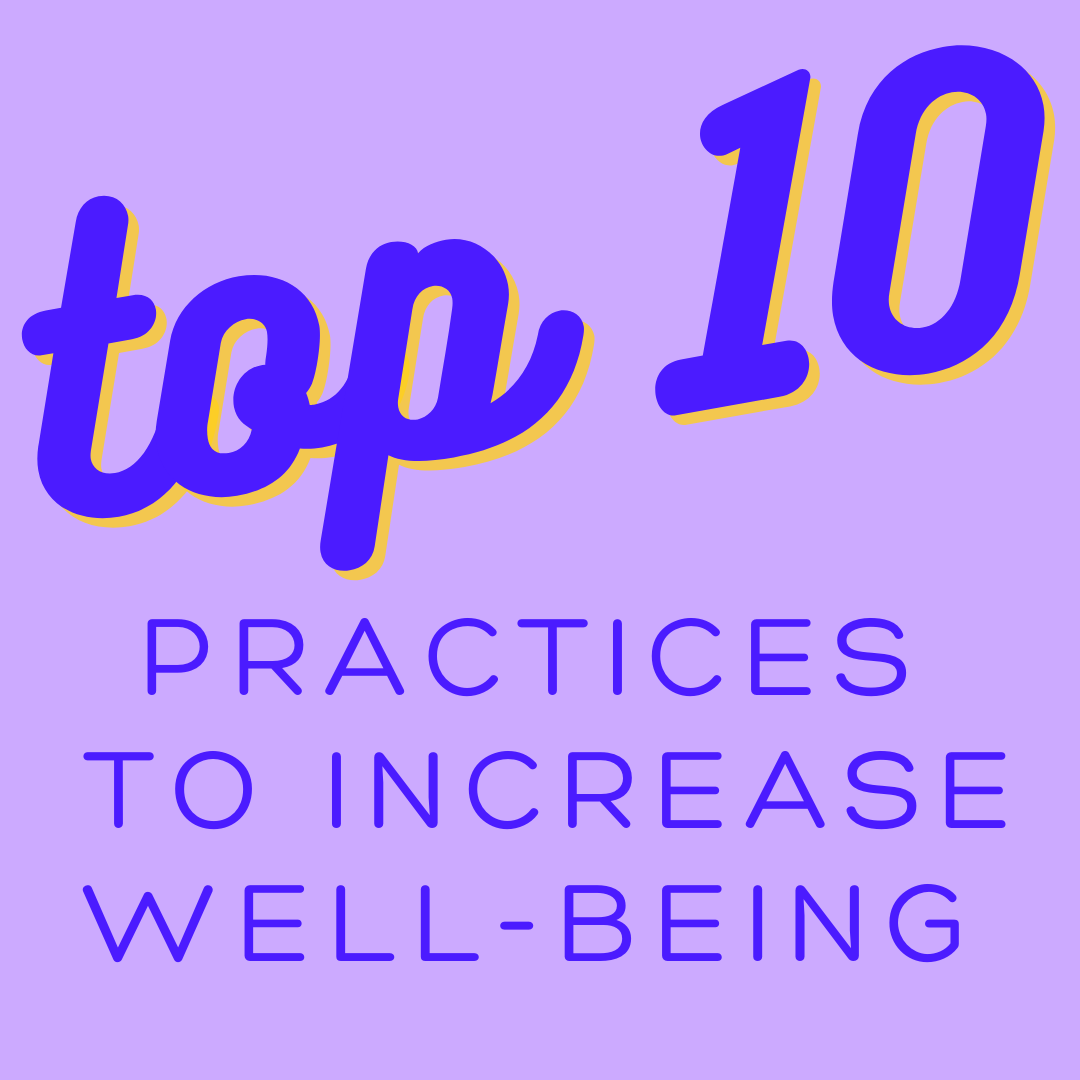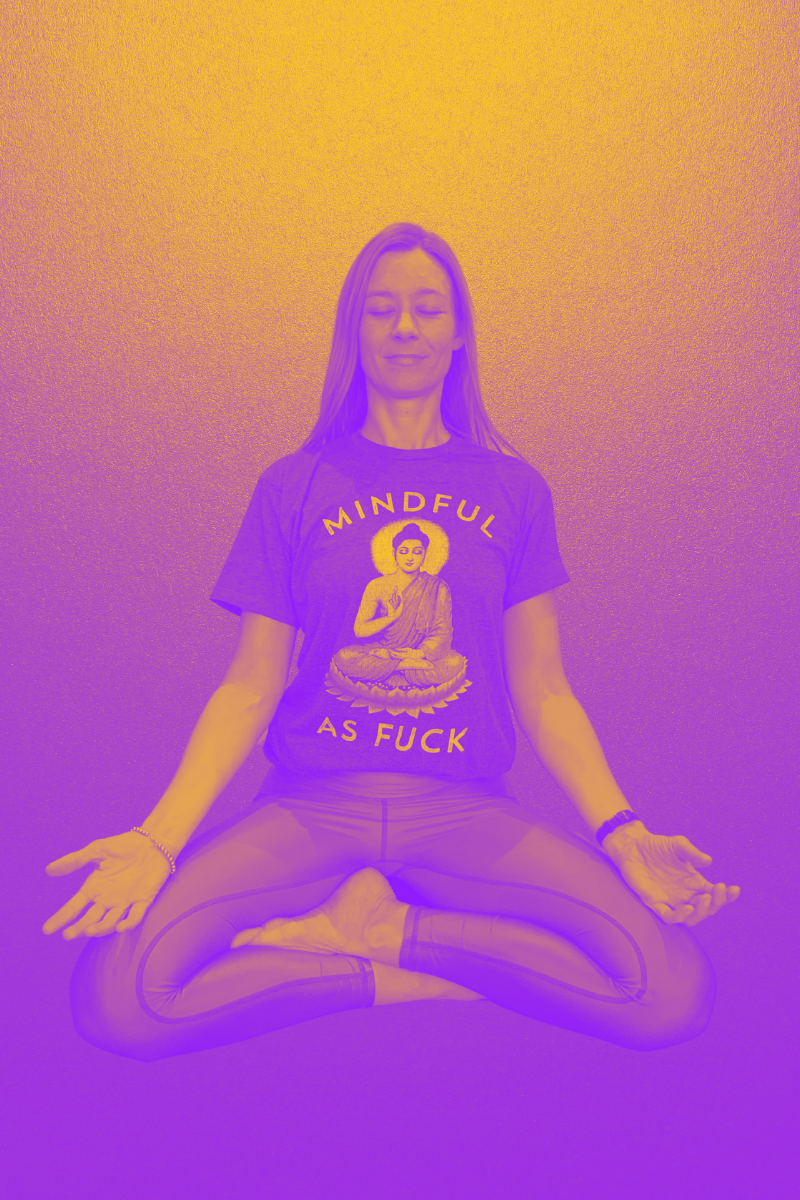Meditation can help, you just have to do it.
This past weekend, I took the opportunity to strengthen my practice, by attending a four day meditation workshop with Peter Riedl at the Mandalahof in Vienna. I wouldn't say it is my first experience with meditation, but it was foundational.
I've been meditating since before it was cool, jumping around with humans in red robes at the Osho Meditation Resort in Pune, India, sitting on the beach with the hippies in Goa. I did laughing meditation, dynamic meditation, heart meditation, dancing meditation, kundalini meditation ... I had learned meditation from the best, and could access it when I needed.
I got a lot more pulled by yoga and movement and this became for a me, a spiritual practice, a moving meditation. I learned to focus my energy on only one thing as I conquered the heat in Bikram Yoga, I learned to breath into all the tight places in my body and help the energy move through with Vinyasa flow and Jivamukti teachers as my practice evolved.
Despite all these learnings, I did not make meditation a consistent practice for myself, and there were still many parts of myself I wanted to change. For example, the conditioned reaction of anger or frustration. In the calm times, my mind knew I was better than that mom that yelled at her kids and her husband, but in the hot times, my mind knew nothing. Only to react. This didn't fit at all with the image I had of myself, and that I wanted to portray. Someone in control of her life, and necessarily, in control of her emotions. In my #sabbatical year in Canada, I worked on this - I practiced meditation regularly, I practiced mindfulness - I worked to identify unhealthy belief systems and to re-wire my thinking.
And yet : Meditation only works when you do it. It is not a theoretical practice, but a practice exercise: it doesn't matter how many times you have done it already, you need to keep doing it for it work - you need to COMMIT TO SIT.
This was the first thing, the workshop with Peter reminded me of. Meditation is never done, it is an ongoing practice- the good news is, when you put in the time, like everything else, it does get easier.
So why is it often still so difficult to stay committed to things we know are good for us?

The mind is a tricky thing
Like exercise, healthy eating, getting enough rest - meditation is difficult to commit to for the exact reason we need to do it : because our mind is always playing tricks on us. We are on auto-pilot, on a constant stream of conditioned reaction. And the majority of the time - in fact 90% of the time, we don't even know we are reacting. We operate in a state of unconsciousness, not aware of our thoughts, actions or reactions. Our actions are not intentional.
It is because of this, that we suffer; and it is the cause of our suffering and the way out of suffering that Buddha wanted to teach us. The goal of meditation is enlightenment - and this is nothing other than increasing the amount of consciousness in our lives. Someone who has achieved the state of being 80 or 85% conscious is on the path to enlightenment. This comes by knowing our thoughts, raising our awareness to our reactions and investigating and actively setting an intent. This gives us the ability to intentionality choose an action and therefore create a new path for ourselves, out of our suffering.


WISDOM
Peter Riedl teaches the W.I.S.D.O.M method of meditation, which contends that for a meditation practice to be successful it must supported by the four pillars of :
1. Meditation : concentration and clear awareness
2. Mindfulness : turning the attention inward, making our actions precise and intentional.
3. Examination: the value-free, unprejudiced recognition of our thoughts, for it is knowing our thoughts that will increase our awareness.
4. Effort: The constant effort to make the exercise succeed; in fact, making this a committed practice.
It is the combination of these four pillars that should lead us out of suffering and towards a higher level of consciousness - these are the basis of this buddhist spiritual practice, as laid out in Riedl's first book 'May Your Practice Succeed'.
In this fourth book "Ein Weg in die Freiheit", which we examined during our Workshop, Riedl looks at the phenomenon of 'conditioned reaction' or in other words un-intentionality. I understand it like this: so long we are reacting, we are not free. It is only once we step outside of our conditioned / unconscious reactions to events, words, relationships and decide consciously and with intent how we want to act, what we want to do, how we want to live that we are truly free. To do this, we need a very strong and focused mind to catch ourselves in moments of reaction and train ourselves from reaction to intentional action.
Being aware of our thoughts gives us the ability to choose other thoughts.


There are two other thinkers whose writings help me to understand the same concept, with a slightly different focus.
Dr Joe Dispenza, and his writings in 'Breaking the Habit of Being Yourself : how to lose your mind and create a new one' writes about how our mind gets tricked into being addicted to certain chemical reaction to hormones and chemicals created by specific emotions - even if these are negative / low -frequency emotions and produce negative thoughts and hormones, we are conditioned to stay attached to them because they are familiar, and what is familiar is always classified by the body as safe and desirable. Reading and understanding this, gave me a whole new awareness of my emotional haushalt and physical reactions to specific emotions and thoughts. Sum: it raised my awareness.
Gaby Bernstein writes about the Holy Instant - as a the moment of freedom and moment of choice, between experiencing a situation, thought, conversation - as the moment we may choose consciously to respond and if so, how? Will our response be automatic, conditioned by past experiences, by fear? Or will our response be in alignment with our highest vision for ourselves and part of our way forward to bring this vision into being?
These two writers gave me the background to see the Conditioned Response from Peter Riedl's book in a clear, simple and foundational way. It is gaining the awareness, the concentration and the un-attachment to choose what we really want for ourselves, to lead us on the way of the Buddha, out of suffering.
These are the thoughts that I take with me in and out of my meditation practice this month - what is my vision for the higher version of myself, what would an aware and free amber do? To create the conditions for this, to create the state of mind necessary for these changes to take place - I commit to sit.







